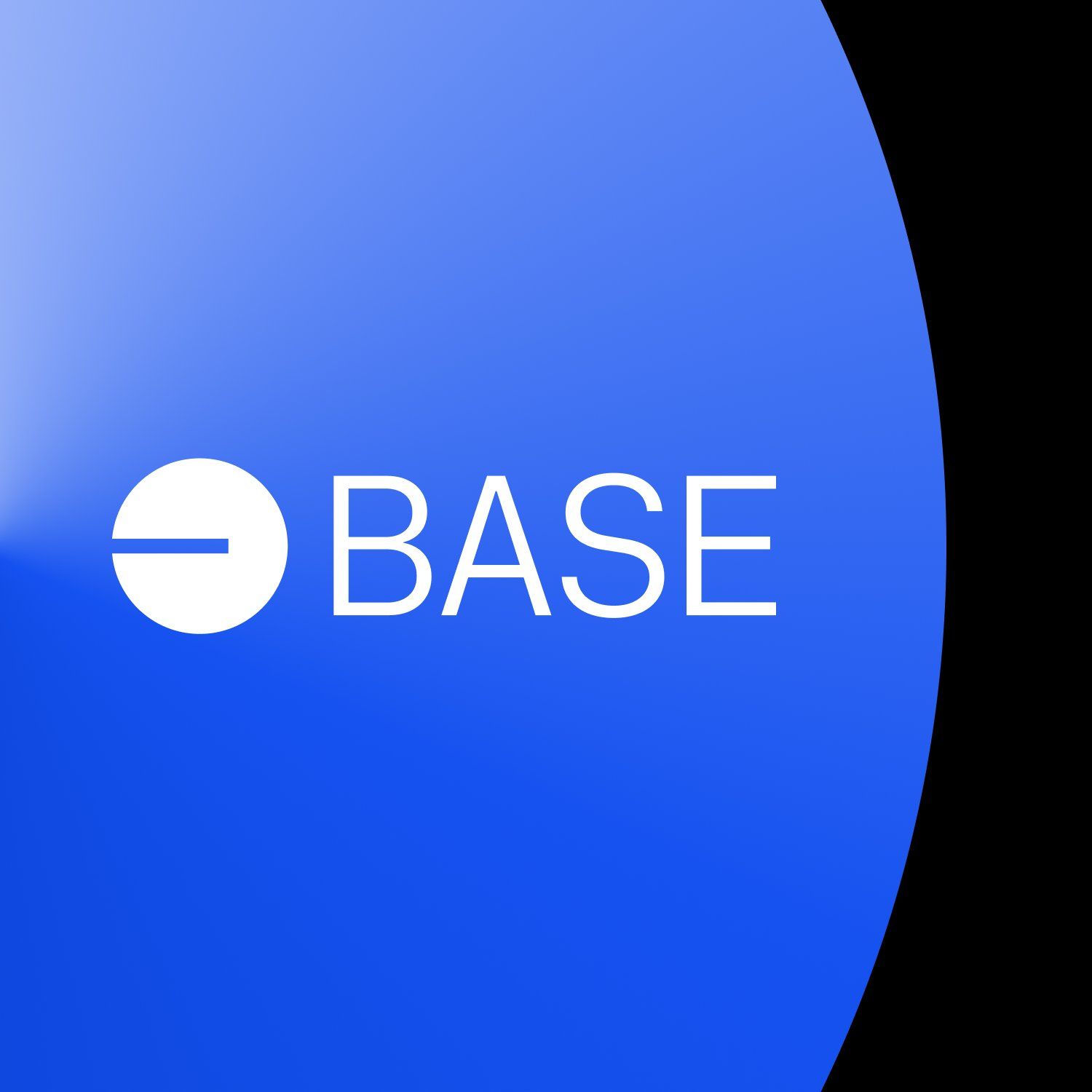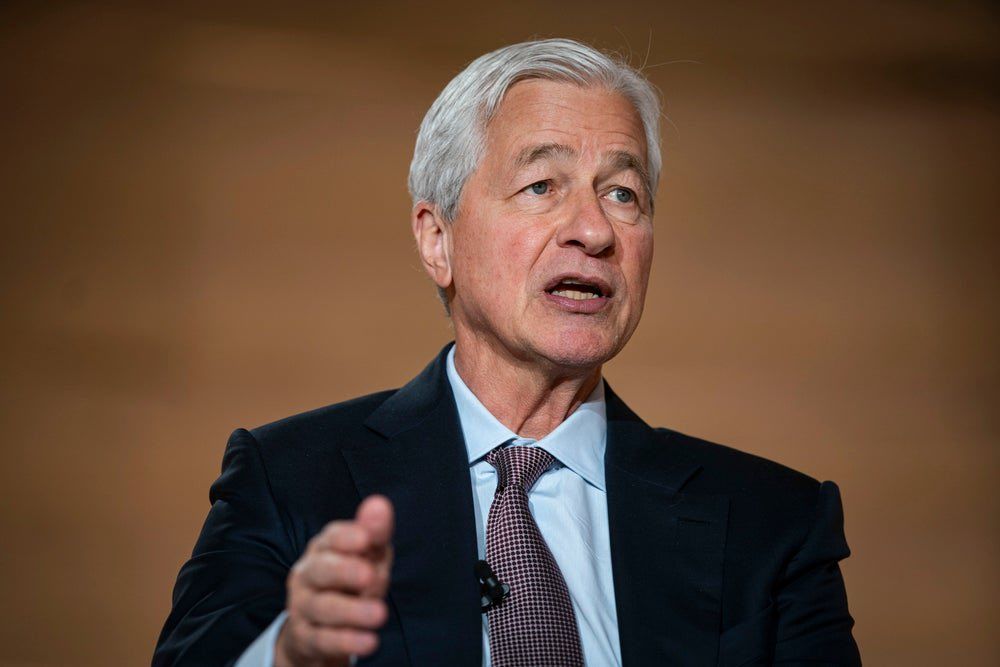Ripple has inked a landmark partnership with Absa Bank to bring institutional-grade crypto custody services to Africa.
Absa, one of South Africa’s largest banks, will integrate Ripple’s custody technology to safeguard and manage cryptocurrencies and tokenized assets for institutional clients. The aim is to meet surging regional demand for compliant digital infrastructure.
Ripple and Absa Aim for Institutional Crypto Adoption
The new alliance will see Absa leverage Ripple’s enterprise-grade platform to provide secure storage, robust compliance features, and operational controls for the custody of digital assets. Ripple’s expansion comes as African banks and corporates seek reliable means to enter the blockchain economy without compromising security or regulatory standards.
Reece Merrick, Ripple’s managing director for the Middle East and Africa, emphasized Africa’s transition toward a new era of digital asset adoption. He noted that Absa’s move positions it among the first major African banks to roll out crypto custody at scale.
Robyn Lawson, Absa’s head of digital product and custody, stated the partnership would deliver clients “secure, compliant, and robust” management options for their digital holdings. This would address a growing appetite for blockchain-based financial products in Africa’s innovation hubs.
The tie-up with Absa expands Ripple’s worldwide digital asset custody network, now reaching five continents. Ripple has already partnered with firms like Chipper Cash to drive stablecoin payments in Africa. It has also recently grown its stablecoin product, RLUSD, across leading African fintech platforms, including VALR and Yellow Card.
According to Ripple’s internal 2025 New Value Report, nearly two-thirds of financial leaders in the Middle East and Africa now see blockchain as critical for cross-border payments and efficient settlement, fueling demand for regulated, enterprise-grade solutions.
Regulatory Context
Ripple’s custody platform is certified for regulatory compliance and offers detailed audit trails. These are critical as African regulators and banks demand best-in-class security and transparency. Its adoption by Absa serves as both a test case and a potential signal for wider uptake among banks throughout the continent.
The deal illustrates the shifting role of traditional banks in digital markets, blending blockchain innovation with institutional standards. As Africa’s financial sector accelerates digitization, Ripple and Absa aim to set a benchmark for secure, regulated crypto custody. Furthermore, it expands financial infrastructure and sets new norms in regional asset management.
READ MORE: Bittensor Price Up 37% as Institutions Accumulate and Grayscale Files TAO Trust












